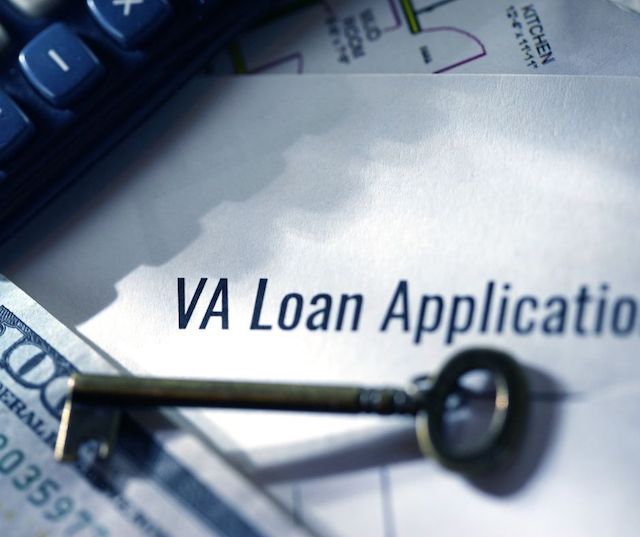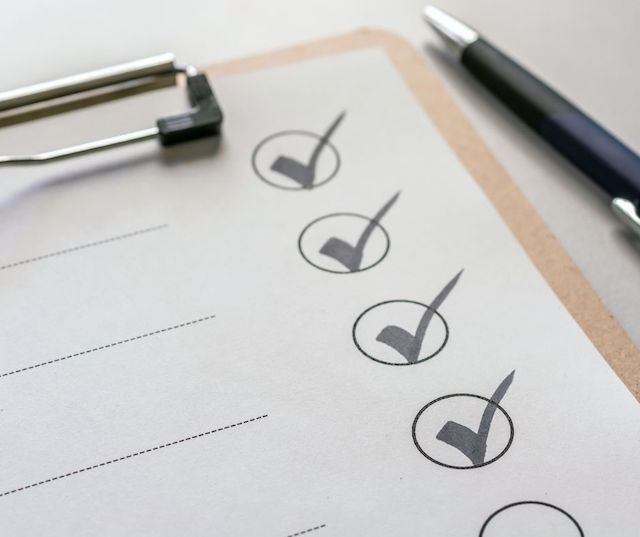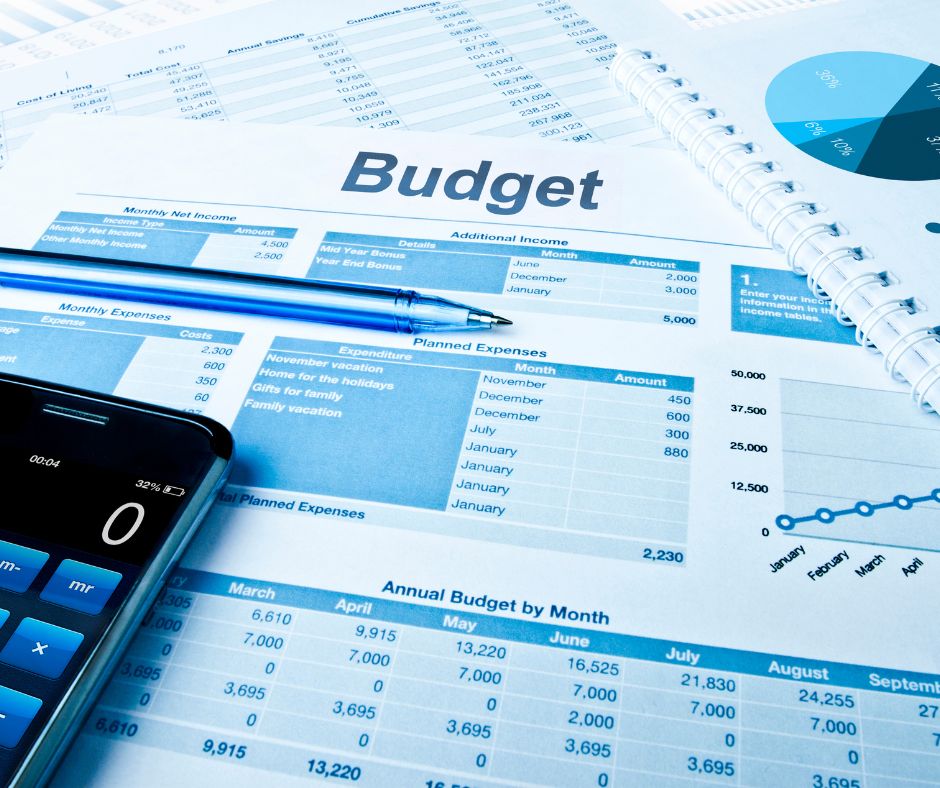A Military Family’s Guide to Homebuying

Deciding whether to buy a home is a big deal, especially for military families who may only live someplace for a short period of time. If you are in the military and are thinking about buying a home, here are some important things to take into consideration:
RESEARCH
It’s important to start researching the area where you will be moving long before your moving date. Check out real estate listings online. Have a list of wants and needs prepared to help narrow down the types of homes you’re interested in viewing. Pay particular attention to houses in the neighborhoods you’re interested in to see how long they are staying on the market and if there are changes in their asking prices.

COMMUNITY
Moving a lot can make it challenging for military families to find a sense of community. Buying a home in an area that offers a lot of amenities makes it easier for residents to meet people and form connections. Look for neighborhoods that offer things like pools, fitness centers, dog parks, playgrounds, and community gardens. Families with children moving in the summer before school starts can utilize these amenities to meet people and establish relationships that will help you integrate more easily into the school year.

MILITARY INCENTIVES
You will find that many developers and builders will offer special incentives for military buyers. Some communities even offer free landscaping services for members of the military who are deployed. Military buyers also can qualify for interior design extras and help with closing costs. It is prudent to always ask about any available extras for active military and veterans. In addition, military buyers can benefit from special financing options. Using a VA Home Loan is a great advantage for military buyers. And if the military buyer has greater than 30% disability, there are tax benefits which will lower his or her tax rate. With low interest rates and your housing allowance, you will be able to pay your mortgage and build equity even if you only live there a short time.
Military buyers want the same things in a new home that all buyers want…a good floorplan, great schools, lots of storage, nice appliances, and a safe neighborhood. But you do bring a unique perspective to the home-shopping experience. Connecting with a military-friendly professional Realtor like Sandra Nickel is vital to navigating the homebuying process. Sandra is a Certified Residential Specialist who will provide information about schools, safety, traffic, and neighborhood activities to help military families make the best choice for their new home!
If you are in the market to buy or sell a home, let Sandra Nickel and her Hat Team of Professionals assist you with all your real estate needs! Call them today at 334-834-1500 and check out https://www.homesforsaleinmontgomeryalabama.com/ for more info!





















.jpg)
.jpg)










